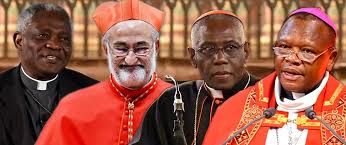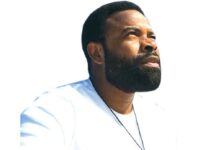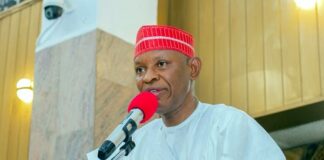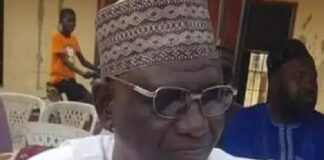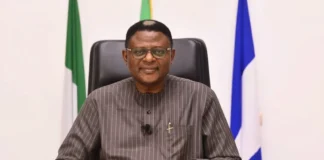Today, only about 13% of the 138 cardinal-electors are African, despite Africa’s growing Catholic population of over 230 million
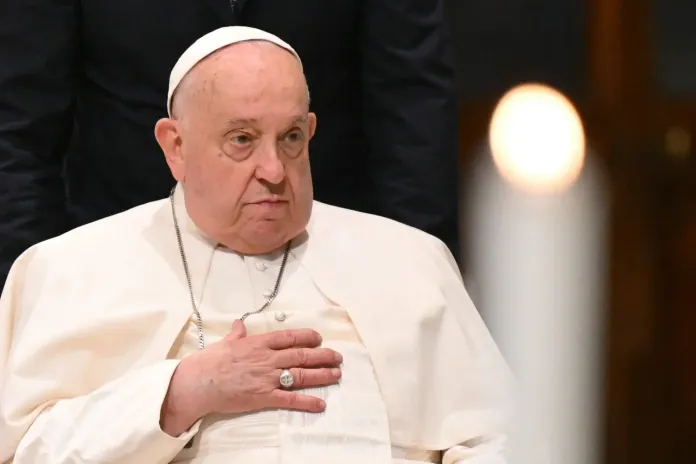
Why Africa Has Not Produced a Pope in 1,500 Years
The death of Pope Francis on April 21, 2025, at age 88 has renewed focus on the papal succession, with African cardinals like Ghana’s Peter Turkson and the Democratic Republic of Congo’s Fridolin Ambongo emerging as contenders.
Yet, Africa has not produced a pope since Pope Gelasius I, believed to be of North African descent, in the 5th century—a gap of over 1,500 years. Why has the continent been absent from the papacy for so long? Here are the key historical, geographical, and institutional factors.
Early Christian Shift to Europe
In the early centuries of Christianity, North Africa was a vibrant hub, producing influential figures like Popes Victor I, Miltiades, and Gelasius I, all of possible African descent. However, the rise of Islam in the 7th century diminished Christian influence in North Africa, shifting the Church’s center to Europe.
As the papacy’s seat, Rome became dominated by European clergy, marginalising African representation.
Geographical Distance / Influence in Papal Politics
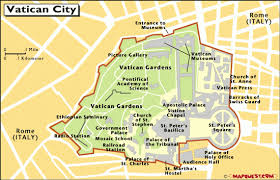
The papacy’s location in Rome has historically favored European candidates, particularly Italians, who dominated the office for centuries.
Africa’s geographical distance from the Vatican limited its clergy’s visibility and influence in papal politics. Travel and communication barriers further isolated African dioceses from the Church’s power center.
Colonial Legacy/Missionary Focus
During the colonial era, European powers spread Catholicism across sub-Saharan Africa, but the Church’s leadership remained Eurocentric.
Missionaries prioritized evangelization over nurturing local leadership, delaying the development of African clergy capable of rising to cardinal or papal candidacy. This legacy persisted into the 20th century, with few Africans appointed to high-ranking positions.
Underrepresentation of Africans in the College of Cardinals
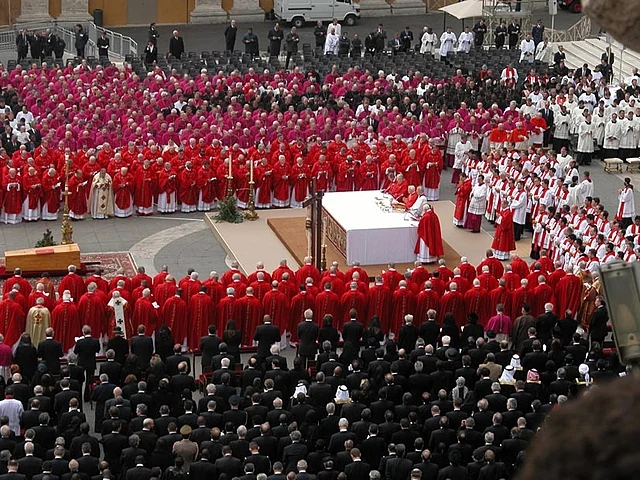
The pope is elected by the College of Cardinals, and until recent decades, African representation was minimal. Before Pope John Paul II (1978–2005), few African cardinals were appointed, limiting the continent’s influence in conclaves.
Even today, only about 13% of the 138 cardinal-electors are African, despite Africa’s growing Catholic population of over 230 million.
Eurocentric Church Governance
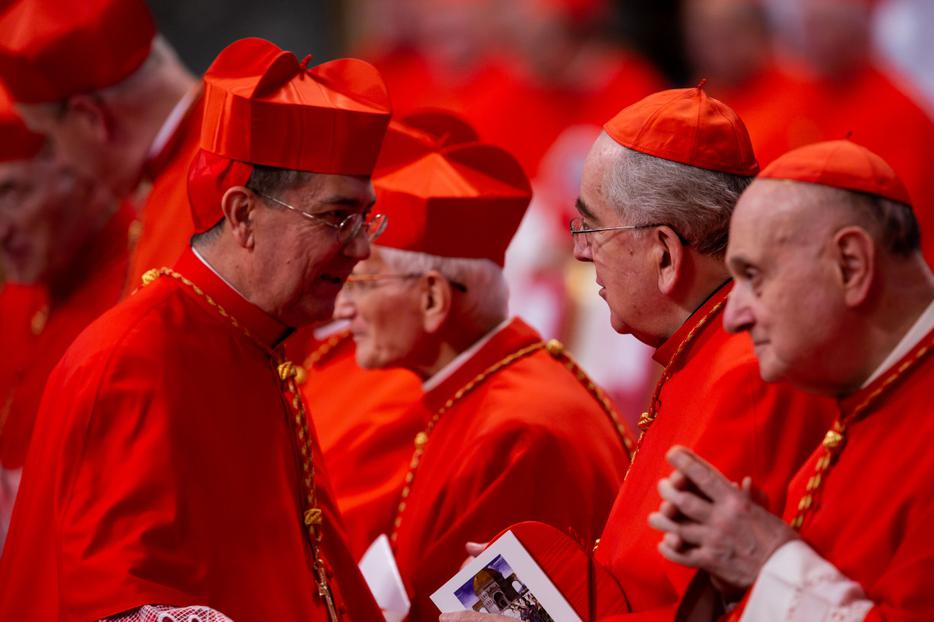
The Vatican’s governance has historically been Eurocentric, with key decisions shaped by European theological, cultural, and political priorities.
This focus sidelined African perspectives, even as Catholicism grew rapidly in Africa. Issues like poverty and conflict, central to African Catholicism, were often secondary to European concerns in papal elections.
Political/Economic Challenges
Africa’s political instability and economic challenges have sometimes hindered the Church’s ability to develop strong institutional structures.
Limited resources for theological education and clergy training have slowed the emergence of African leaders with the global stature needed for papal candidacy.
Cultural/Racial Biases
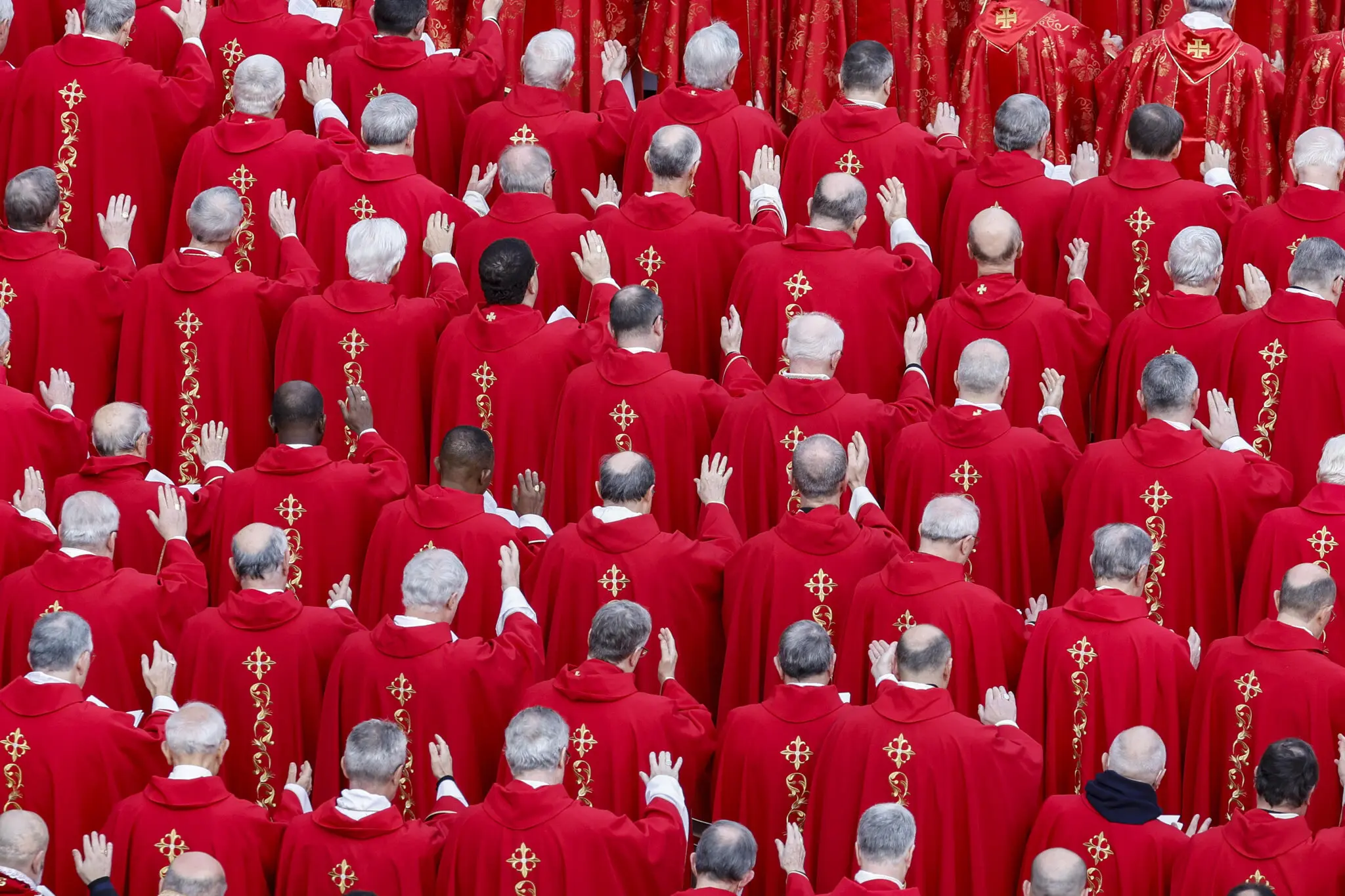
Implicit cultural and racial biases within the Church have also played a role. For centuries, the papacy was seen as a European institution, and non-European candidates faced skepticism.
While these biases have lessened, they historically contributed to the exclusion of African candidates.
A Changing Landscape
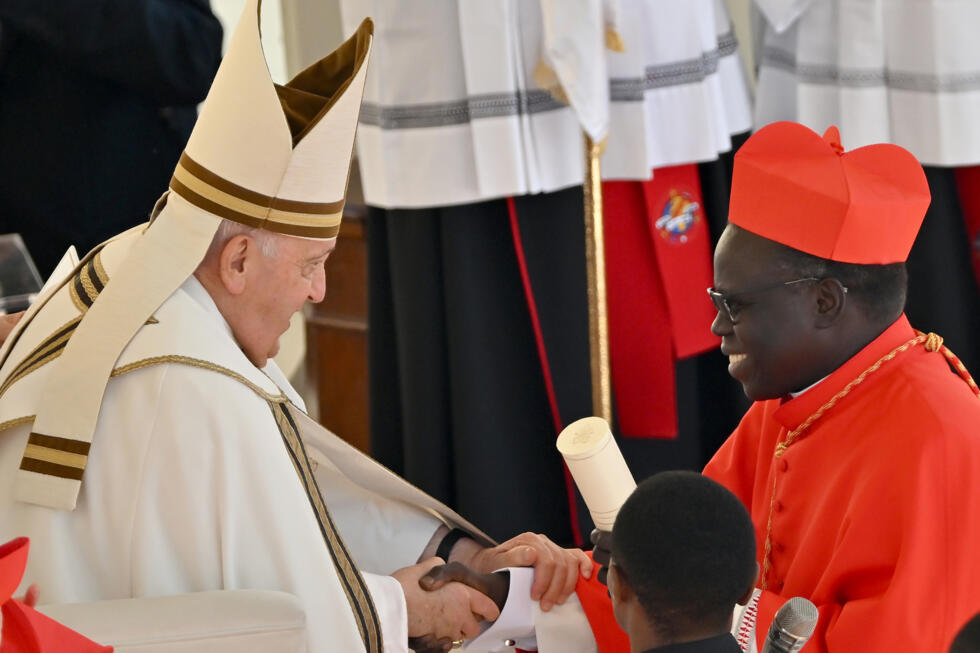
Despite these barriers, Africa’s chances of producing a pope are improving. Pope Francis appointed a diverse College of Cardinals, with 110 of 138 electors chosen by him, including prominent Africans like Turkson and Ambongo.
Africa’s Catholic population is growing faster than any other continent’s, and its cardinals are gaining global influence through advocacy on issues like justice and peace.
The current conclave could mark a historic shift, potentially ending the 1,500-year absence of an African pope.
Wrap….
The absence of an African pope for over 1,500 years stems from a combination of historical shifts, geographical realities, institutional biases, and socio-political challenges.
However, with a more diverse electorate and rising African leadership, the Catholic Church stands at a crossroads. The upcoming conclave may finally see an African cardinal ascend to the papacy, reflecting the global nature of modern Catholicism.

